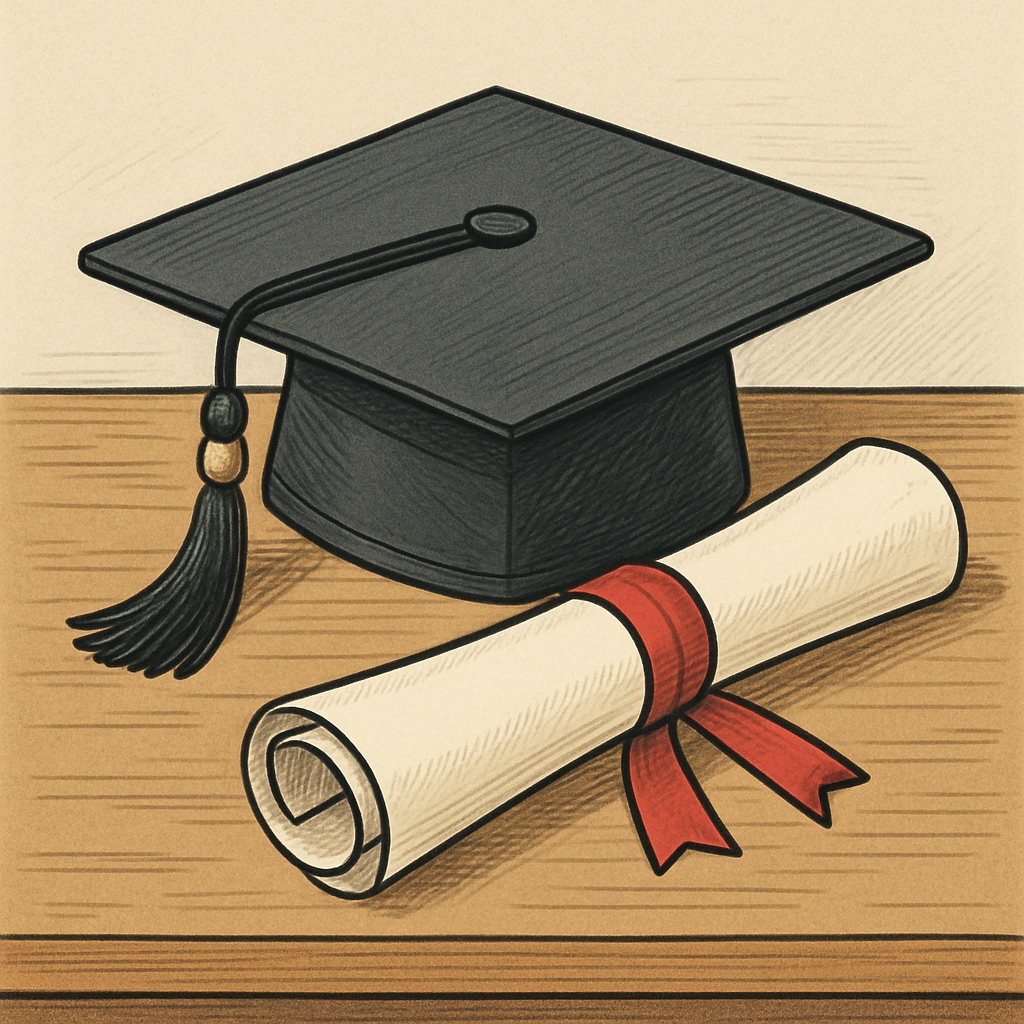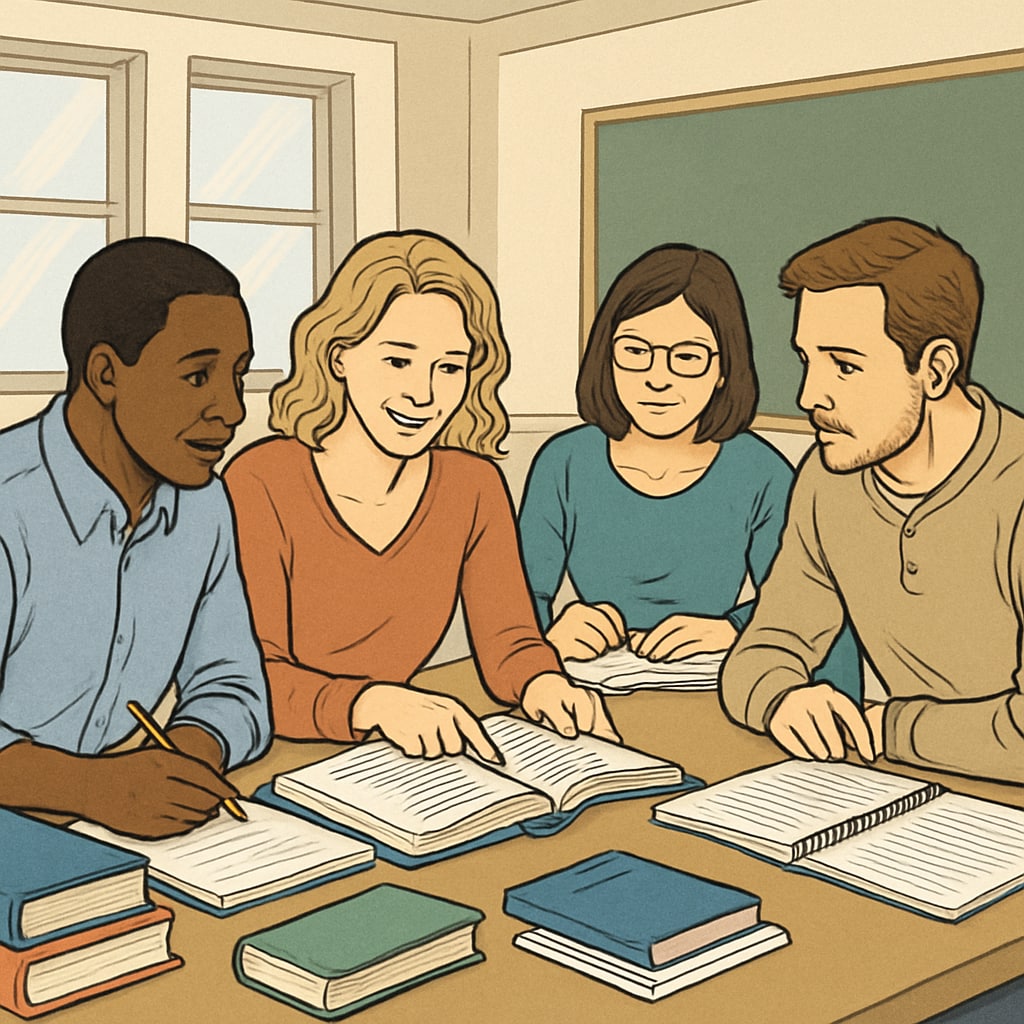For many individuals who hold a modified high school diploma, the question of whether it can be converted to a standard diploma is both practical and deeply emotional. The desire to make this change often stems from regrets about past academic decisions and concerns about career or college eligibility. In this article, we explore the differences between modified and standard diplomas, outline potential pathways for conversion, and provide advice for emotional resilience during the process.
Understanding the Difference Between Modified and Standard Diplomas
The distinction between modified and standard diplomas lies primarily in the curriculum and requirements completed during high school. A modified diploma is typically granted to students who need accommodations in their learning due to disabilities or other challenges. While it acknowledges academic achievement, it may not meet the same rigorous standards as a standard diploma, which is often required for college admissions or certain careers.
Students with modified diplomas might miss core academic courses or standardized testing benchmarks that are essential for a standard diploma. As a result, the pathways to conversion can be complex and vary depending on state regulations and educational institutions.

Can a Modified Diploma Be Upgraded?
The possibility of converting a modified diploma into a standard diploma depends on several factors, including state policies and individual circumstances. In some regions, adults can enroll in programs to complete the requirements for a standard diploma. These programs may include taking additional courses, passing standardized tests, or even earning a General Educational Development (GED) certificate as an alternative.
For example, community colleges often offer adult education programs that help individuals bridge the gap between modified and standard diplomas. Additionally, online learning platforms provide flexible opportunities to complete missing coursework or improve academic credentials. It’s essential to research local options and consult with educational advisors to determine the best course of action.

Overcoming Emotional Barriers and Regret
Regrets about academic choices can weigh heavily on individuals, especially when they perceive their modified diploma as a limitation. However, it’s important to approach this challenge with a mindset focused on growth and opportunity. Here are some strategies to help:
- Accept the Past: Acknowledge that your earlier decisions were made based on the circumstances you faced at the time. Self-compassion can be the first step toward positive change.
- Set Clear Goals: Define your aspirations, whether they involve higher education, career advancement, or personal fulfillment.
- Seek Support: Engage with mentors, counselors, or peers who can provide guidance and encouragement throughout the journey.
- Celebrate Progress: Every step toward achieving a standard diploma or equivalent credential is a victory worth celebrating.
For additional resources and inspiration, organizations such as GED Testing Services and U.S. Department of Education provide valuable information about educational pathways.
The Role of Modified Diplomas in Career and Life Planning
While possessing a modified diploma may initially seem limiting, it can still serve as a foundation for future success. Many employers and vocational programs value skills and experiences beyond academic credentials. By focusing on skill-building, networking, and continuous learning, individuals can open doors to meaningful opportunities regardless of their diploma type.
In addition, obtaining certifications, completing vocational training, or pursuing specialized courses can bolster resumes and enhance employability. The key is to recognize that academic regret doesn’t define one’s potential; rather, persistence and adaptability pave the way toward achieving personal and professional goals.
In conclusion, while converting a modified diploma into a standard diploma is not universally guaranteed, there are pathways and strategies to achieve similar outcomes. By addressing academic gaps, managing emotional challenges, and leveraging alternative credentials, individuals can overcome obstacles and pursue fulfilling careers and education. Regret can transform into renewal with determination and the right resources.
Readability guidance: Short paragraphs and lists improve comprehension. Active voice is prioritized, and transition words are used to ensure smooth flow between ideas.


